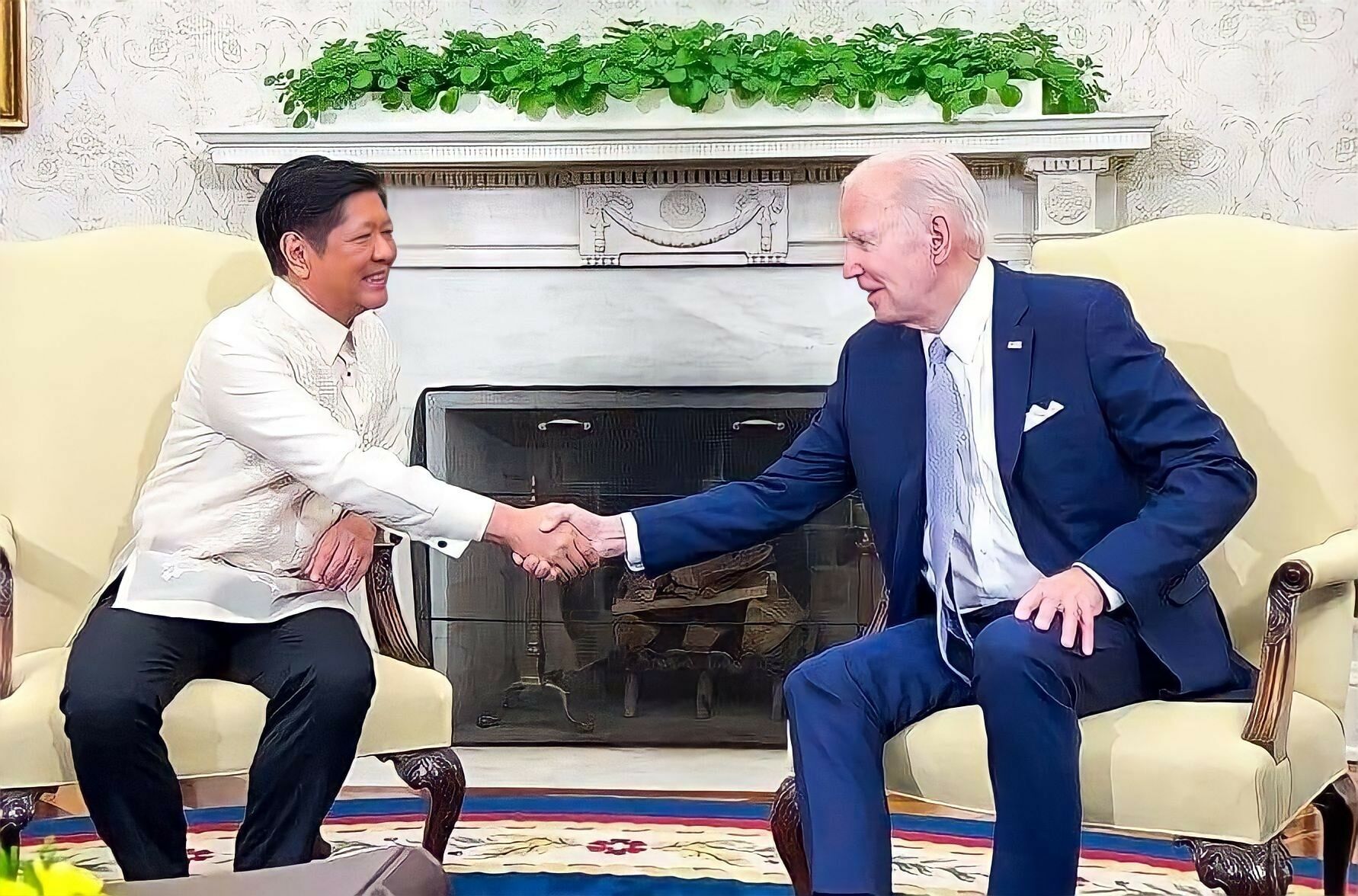Biden and Marcos Jr discuss Beijing’s South China Sea expansion in White House meeting

In recent discussions at the White House, President Joe Biden and Philippine leader Ferdinand Marcos Jr addressed Beijing’s assertive expansion through the strategic trade routes and islands of the South China Sea. This move signals Washington’s increasing concern over China’s aggressive claims of sovereignty over virtually the entire South China Sea, despite international rulings stating otherwise. The situation, coupled with constant saber-rattling over Taiwan, has spurred the Biden administration to fortify its military capabilities swiftly. The Philippines has expressed wariness of getting caught between the superpowers but has recently identified several military bases for US forces’ access, including one near the disputed Spratly Islands.
Monday’s meeting between Biden and Marcos Jr marked the first of its level and intensity in decades between the two countries, reflecting their desire to redefine their relationship and roles amid rising tensions in the South China Sea and the Asia-Pacific region. According to a senior US official, both capitals are focusing on taking the necessary steps to support each other and maintain peace and stability during this complex period. These measures include new “bilateral defence guidelines” to support the modernisation of the Philippines’ armed forces.
The visit by Marcos Jr came after South Korean President Yoon Suk Yeol’s state visit to Washington and a White House meeting between Biden and Japanese Prime Minister Fumio Kishida. The senior official emphasised that the US is keen on increasing engagement on the security side with the Philippines while acknowledging their sensitivities about the US troop presence.
While last week’s talks between Biden and Yoon focused on regional flashpoint North Korea, Biden is expected to discuss the shifting geostrategic situation in the Asia-Pacific region at the upcoming G7 meeting in Japan. Meetings with the leaders of Japan and South Korea in a trilateral format are also scheduled, followed by a Quad group session in Australia, which includes representatives from Australia, India, Japan, and the United States.
Latest Thailand News
Follow The Thaiger on Google News:
























